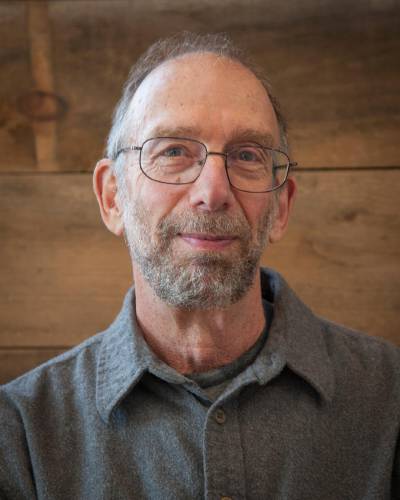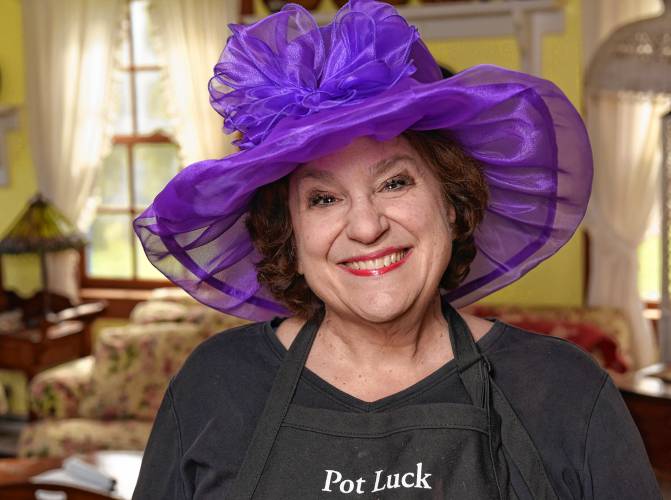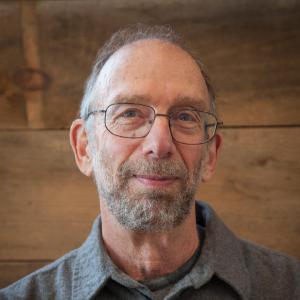Who was your best teacher? Identifying the universal traits of great mentors
| Published: 07-12-2024 1:07 PM |
Please think of a person you would identify as your best teacher. It might be a teacher you had in a class at school or college, but it could also be someone you took a dance or drawing class with, a coach, an employer or fellow employee, a member of your family, or a friend. What was it that led you to choose them?
I asked that question of readers and I’ve attempted to identify traits or features that apply to most or all of the responses, but it’s a tricky business. Having a passion for their subject and for teaching, for example, might look very different in each case. I am going to focus on four themes that had most resonance across all of the descriptions, including brief statements from a few of the readers, whose responses highlighted the themes; a passion for their subject and for teaching; knowing and appreciating their students for who they are and what they need; helping students know and understand their world and their place in it more fully; and their lasting impact on the lives of the students beyond their time in the classroom. You can find their more complete responses at http://tiny.cc/7am3zz.
The teachers identified all cared deeply about their subject matter and their teaching, and that communicated clearly to their students. There was an integrity, a truthfulness about them that inspired trust; they cared too deeply and passionately to compromise their values, which inspired their students. Here are a few snippets from what readers sent. Judith Ackerman, a health care worker, singer, and dancer said this of one of her dance teachers: “Composing dances, theme and variation, all these things, he taught with such a passion that it deeply affected me.” Writer, director, and educator Jan Maher spoke of theater director Joe Chaikin: “He was so in the moment with everything he did and said and demonstrated and nudged us to do … the theater he cared about was the theater that moves people in the sense that you have a different understanding of the world when you have completed the theater experience.” Mary Clare Powell, a poet and teacher wrote of a literature teacher who helped her appreciate “that there were these great, great experiences, great music, great theater, that all could be brought into what you are teaching … It was about challenging and opening and inviting and assuming that students could do more.”
The teachers knew their students and made clear that they were welcomed, accepted, and valued for who they were. And the teachers were willing and able to help their students to grow from that point. Becca King, a social worker and therapist, said: “Mrs. J. saw something in me, some spirit energy ... and she saw that I needed to have some sense of personal achievement.” Rachelle Ackerman, a massage therapist, educator, and program administrator talked about her middle school art and language arts teacher: “She took me seriously as an individual; When I would aim for some effect in my artwork and I would feel frustrated, she recognized what it was that I needed from her and treated me as a developing artist.”
It was also crucial to the best teachers that they helped their students connect what happened in school to their larger world, to help them make meaning and understand why things are the way they are. University professor, author, and activist Wayne Au said, “When I was in Mr. D’s classes it was the late ‘80s, there was a rise of African, Afrocentric stuff happening in hip hop, and [the film] “Do the Right Thing” [was released]. There were conversations about race, and what was happening in the world, and so that class became an avenue for processing and thinking about the world ... I think good teachers want to see their kids healthy ... and that obviously spreads to community (and) care for community.”
One of the most significant factors in assessing the quality of teaching is what students actually take away from their time in class, the lasting impact of the learning on their lives and, in some cases, on their teaching. Ricardo Rosa talked about his grandfather, a revered lawyer who defended workers in prison. He said, these stories (about his grandfather) “circulate in the culture and really provide me a direction, a compass of sorts, a moral compass.”
The reason we educate our children is to prepare them to live healthy, meaningful lives in ways that benefit them, their communities, and the planet (and not just so they can pass tests). Our best teachers know this, whether they are in classrooms or other contexts, and while they may be focused on particular subjects or skills, they are more deeply and passionately focused on helping us to become more whole, more fully who we are. We leave our time with them knowing that we have been accepted and valued, confident that we can learn what we need to learn, and alive to the joy there is in learning. The stories of our best teachers, shared by readers, remind us of what education can and should be. Their teachers are still offering valuable lessons to us all, and hopefully their wisdom and experience will guide us in shaping the educational experiences we offer to our children in the future.
Doug Selwyn taught at K-12 public schools from 1985 until 2000 and then at university as a professor of education until he retired in 2017. He is the chair of the Franklin County Continuing the Political Revolution education task force. You can reach him at dougselwyn12@gmail.com.
Article continues after...
Yesterday's Most Read Articles








 Putting the students front and center: What can education can look like without high stakes testing?
Putting the students front and center: What can education can look like without high stakes testing? Sounds Local: He’ll play anything you want: Stephen Kellogg will perform an all-request show at Shea Theater, Dec. 19
Sounds Local: He’ll play anything you want: Stephen Kellogg will perform an all-request show at Shea Theater, Dec. 19 Speaking of Nature: Introducing the Birch Perch II: Making improvements to my bird observation venue
Speaking of Nature: Introducing the Birch Perch II: Making improvements to my bird observation venue Conversations over candy-making: Sharing beloved holiday food traditions
Conversations over candy-making: Sharing beloved holiday food traditions
